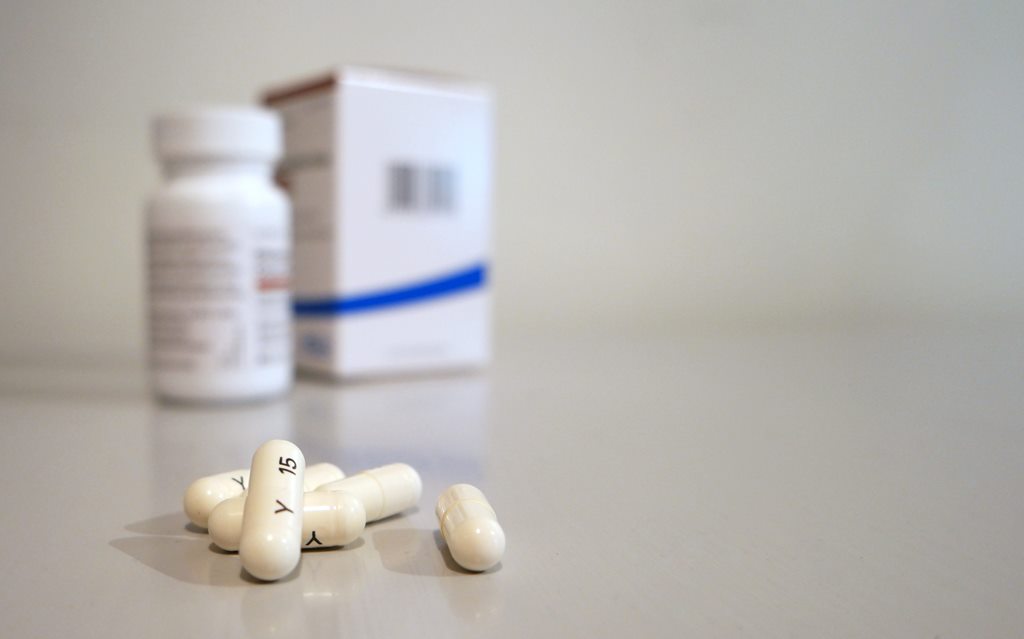According to new research published today by Vital Transformation, if drug price controls under consideration in the Senate had been in place over the previous decade, just six of the 110 currently authorized medicines would have reached patients.
The proposed Build Back Better Act was rebranded the Inflation Reduction Act yesterday and coupled with climate and tax legislation. The law would impose government price controls on the pharmaceuticals on which Medicare spends the most. By 2029, the law will regulate 20 pharmaceuticals.
The 20 pharmaceuticals that are likely to face price limitations are manufactured by 12 corporations that have invested more than $588 billion in R&D over the previous 10 years, according to the Vital Transformation analysis. If price constraints had been in place between 2012 and 2021, only six of the 110 medications produced by these 12 corporations would have reached the market. This is because treatments with less than a 50% chance of success would not have been evaluated.
Drug price controls would lead to job loss
Drug price controls would cause six of the 12 companies’ net earnings to decline by more than 70%. Furthermore, three would lose 100% of their earnings, according to the report. These losses would leave the companies with insufficient finances to spend on R&D and collaborations with small biotech companies.
Price controls would also result in employment losses—to the tune of more than 590,000 biopharma positions in the United States by 2031.
We’ve seen this happen in Europe. A 10% decline in drug prices in Europe results in a 14% drop in venture capital, according to Vital Transformation.
BIO: ‘Cures will die in labs’
The Biotechnology Innovation Organization (BIO) has opposed the enactment of drug price controls from the very beginning. BIO cites concerns about the impact on drug development and future treatments.
The legislation “would drastically reduce critical investment in innovative therapies and cures that patients depend on, at a time when smaller biotech companies are facing tremendous pressure in the capital markets,” says Nick Shipley, BIO EVP and Chief Advocacy Officer, in response to the Vital Transformation study.
“The consequences will all but ensure that many potential groundbreaking cures die in labs. Patients, as a result, will be ill-equipped to combat a variety of debilitating illnesses with the scientific solutions that could significantly improve—or even save—their lives,” says Shipley.
More Reading:




